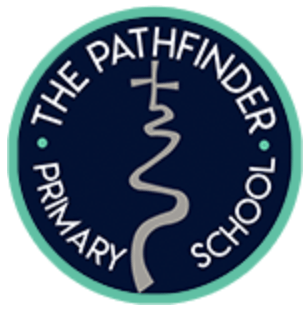
Design & Technology (DT)
Design & Technology
Intent:
Wherever we look, evidence of design is all around us. From chairs to hospital equipment, from clothes to websites, from advertisements on the side of a bus to playground equipment, everything has been designed. At The Pathfinder, our aim is to inspire students to think about the important and integral role which design and the creation of designed products play in our society.
The curriculum is split into three different areas: ‘cook’, ‘sew’ and ‘build’.
It is designed so that each year group will complete a unit of work in these three different areas once a year. The students’ understanding of key skills and concepts builds from year to year and aims to cement prior learning.
The curriculum is designed to be delivered alongside our art, science and history curricula, as parts of it directly relate to areas of knowledge which the pupils acquire in these subjects.
Implementation:
Our curriculum is designed so that each year group will complete a unit of work in these three different areas once a year. Each unit has been devised to be delivered in a five-hour block, once a term, which can be taught over a single day or two half days.
Two different ‘aspects’ of design are interwoven into the three areas of study: the environment and sustainability, and enterprise and innovation. These ‘aspects’ acknowledge enduring and contemporary concerns of modern design. Each unit specifies the concepts and skills which the students are expected to learn over the course of a unit. These concepts and skills progress gradually throughout the course of the six years of study.
In ‘cook’ students learn to cook from recipes which gradually build basic culinary skills, culminating in year six with the creation of a mezze-style meal requiring the pupils to produce various small dishes. Whilst studying these practical skills, the children learn about concepts relating to food such as nutrition, seasonality, food production, transportation and food from different cultures.
In ‘sew’ students practise using fabric and thread to learn basic sewing techniques to create objects which demonstrate embroidery, appliqué, weaving and plaiting. Concepts such as the properties and creation of different fabrics, fast fashion, industrialisation, waste, recycling and pollution are interwoven into these activities.
In ‘build’ children learn about the creation of structures and mechanical and electrical devices to create products such as cars, moving cards, toys and books. This culminates with year six learning to consider the user in real life, designing a water wall for children in reception. Once again, the practical process of designing and creating a product is interleaved with learning about concepts which have a bearing on what the students make.
The sequence of lessons in the ‘sew’ and ‘build’ areas of study follow a structure to enable the students to become familiar with, understand and practise the process of design: research and investigate, design, make, use and evaluate.
The planning for each unit of work specifies the product the children will make, the purpose and user of the product. Throughout the course of the lessons the students explore existing products and their uses, generate ideas and designs by creating drawings and prototypes against criteria which they devise having considered purpose, function and appeal. Evaluation against these criteria concludes the process. Discussion is an important part of this process, as is consideration of the properties of potential materials and the choice of tools.

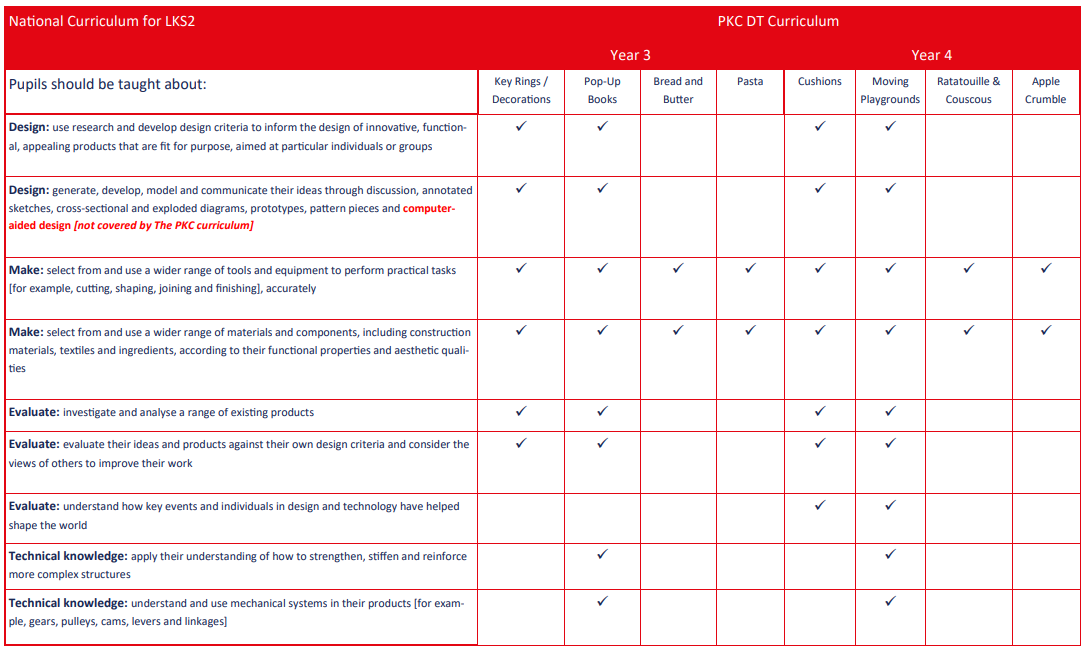
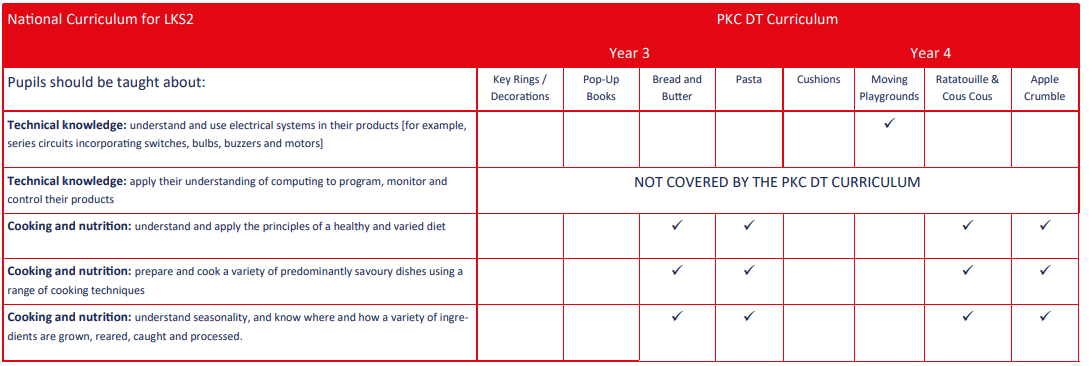
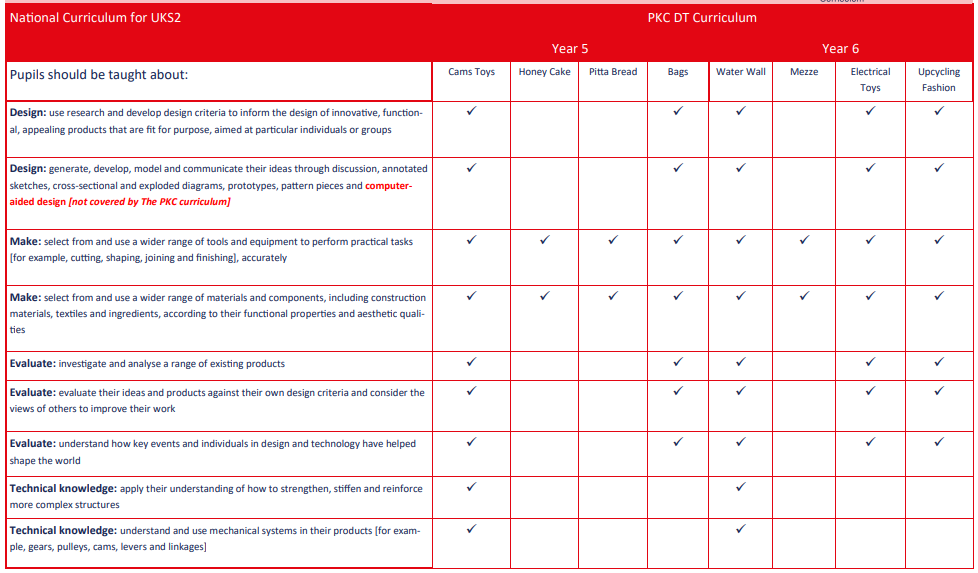
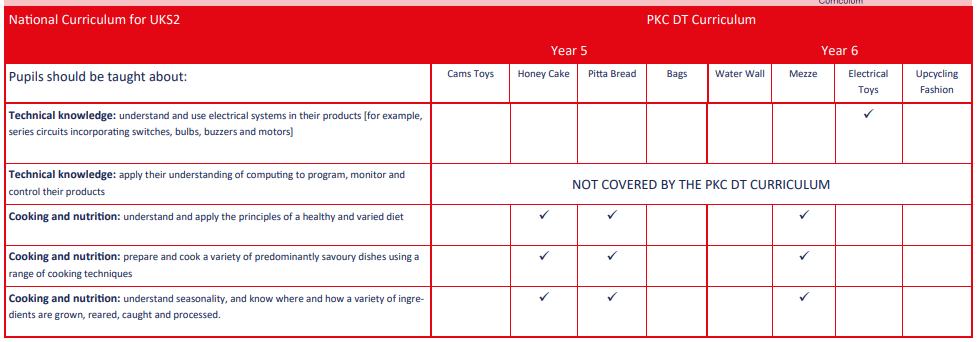
Impact:
Our DT curriculum is high quality, knowledge based, well-sequenced and is planned to demonstrate progression. If our pupils have understood and retained knowledge from the carefully sequenced curriculum we have taught, we know that they are where they should be.
At The Pathfinder, we ensure that children are equipped with DT skills and knowledge that will enable them to be ready for the curriculum at Key Stage 3 and for life as an adult in the wider world. At the end of each taught unit of work, children will undertake an assessment quiz based on their learning and complete a written task to demonstrate their knowledge.
We want the children to have thoroughly enjoying learning about DT, therefore encouraging them to undertake new life experiences now and in the future.
